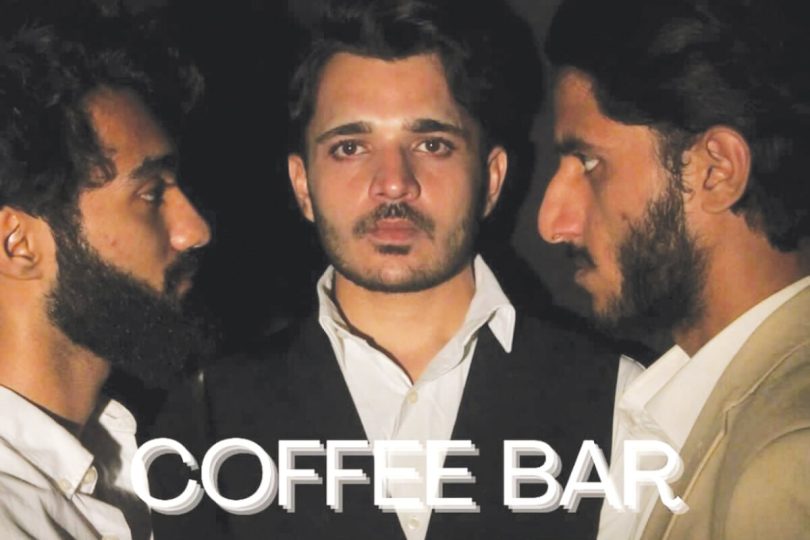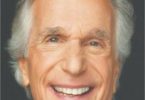The National Academy of Performing Arts should be commended for giving youngsters a chance to express themselves, and they didn’t disappoint the audience with their latest offering – Coffee Bar – which was staged for a couple of days in Karachi last week. Adapted from an Arabic play by Egyptian playwright Ali Saleem, the one-act play revolved around only three characters but the impact of these ‘few’ characters was as powerful as that of an ensemble cast.
Adapted and directed by Usama Khan, a NAPA graduate, the play begins with a drama producer (Hasnain Falak) meeting a playwright (Ashmal Lalwany) in his office, where the two discuss the possibility of a collaboration. What begins as a friendly conversation first turns into a praising competition and later into a shouting match, because the playwright didn’t agree to a change the producer was suggesting.

It is when the producer sheds his politeness and uses the ‘power’ card that things become interesting as he uses his position to tell the playwright that if he doesn’t agree to the change, he might not consider producing the play, the same play he claimed a few minutes back as a masterpiece. Does the playwright yield under the producer’s pressure or does the producer has his way as always, Coffee Bar takes the audience on a journey filled with wit, satire, and funny one-liners that may come from either the oppressor or the oppressed, depending on whose side you are on.
The play has a third character as well – the butler/waiter (played by current NAPA student Naveed ul Hassan) who despite not having a dialogue remained involved in the process. At first, he looks like someone who would take orders but as the play progresses, he turns out to be a representative of the bureaucracy, who appears when buzzed or called for help. Call him anything you want, but he is the person responsible for everything that goes on the stage and stays calm even when things go out of hand because he knows that others might come and go, but no one will mess with him, because of who he is representing.
If you haven’t guessed yet, the play is all about power and how that power corrupts even the incorruptible. The way the director adapts the original play to the current dynamics makes it worth your time, especially since it isn’t that lengthy. For a play less than one hour long, it connects with the audience at another level and doesn’t leave them even after they leave the theatre. Some agree with the producer while others sympathize with the playwright, but everyone agrees that the control was in the hands of the person least likely to be the boss.

As for the actors, both Ashmal Lalwany and Hasnain Falak were believable as the playwright and the producer, and although Hasnain had the upper hand because of the power he wielded over others, Ashmal represented the majority who know they are right but can’t take a stand against those who believe they are the law. Their dialogues, their interaction with each other, and their expressions are first-rate and although their voice wasn’t clear at some points, they were able to convey their emotions to the audience without going out of their characters.
The technical department was the one that failed the audience because the lighting which was supposed to be as important as the character didn’t work as it should have at some points. Also, the carefree use of swearing words could have been reduced because not all the people in the audience were adults. It did make a few of them uncomfortable and it would be great if the director considers doing what the playwright in the play wasn’t considering when the play returns for a longer run.
On the whole, Coffee Bar highlights the inconsistencies in our surroundings and why we are okay with going with the flow rather than standing up for what’s right. Despite being penned originally in the 1960s, the situation hasn’t changed either in the Arabic world or in this part of the world, where someone in the shadows always controls the strings. -Ends







